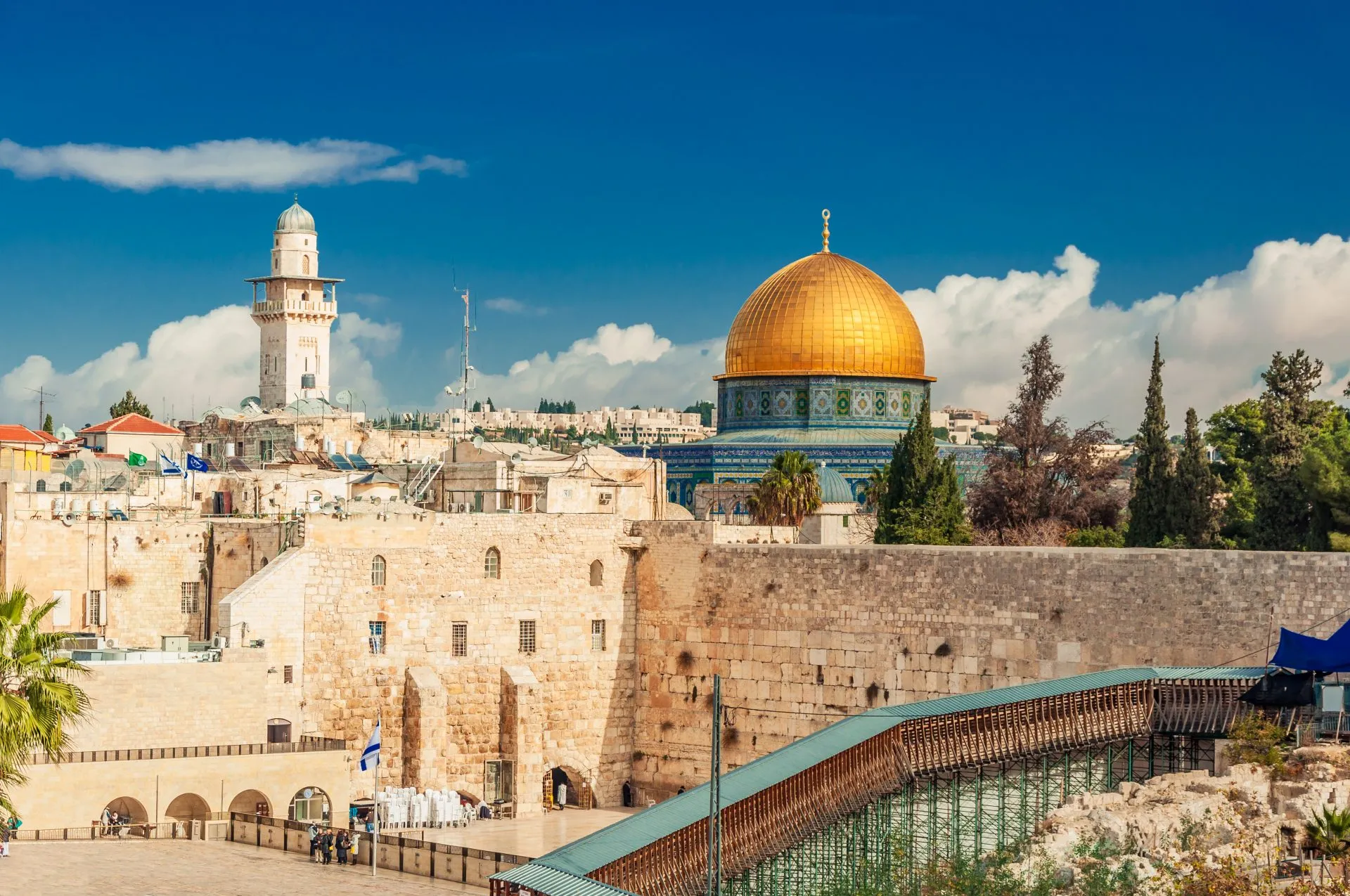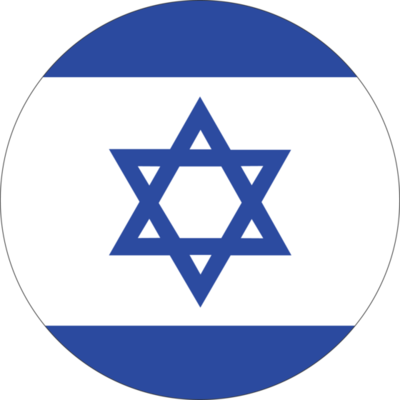Israel travel tips
Israel travel tips: In the Middle East, is a diverse nation with rich history, vibrant cities, religious significance, and dynamic cultural heritage.
Districts 🌎
Israel travel tips. Here is a list of all the districts of the Israel.

Northern (HaTsafon)

Haifa (H̱efa)

Central (HaMerkaz)

Tel Aviv

Jerusalem (Yerushalayim)

Southern (HaDarom)

Golan Heights

State of Palestine
Before you go 🛩
Important information you should know before your trip
Info

Capital | Jerusalem
Flag Codes:
ISO alpha-2 IL,
ISO alpha-3 ISR
Currency
Badge | new shekel
CODE | ILS
NUMBER | 376
SYMBOL | ₪
FRACTION | agora
Mobile Coverage
Dialing Code | +972
SIM Card
Coverage | 3G / 4G / 5G |
Mobile Networks | Cellcom | HOT Mobile | Partner Mobile | Pelephone |

Location
Israel is a country located in the Middle East, situated on the southeastern shore of the Mediterranean Sea.
Jerusalem (Israel considers Jerusalem its capital, but this is a contentious issue due to the city’s status and international recognition.).
Israel is a small country with a complex history and diverse landscapes. Its location in the Middle East has significant geopolitical implications, and it shares borders with several countries in the region.
Currency
Israel’s currency is the new shekel (₪).
The new shekel was introduced in 1985 to replace the old Israeli shekel.
Each new shekel is divided into 100 agorot. The symbol of the new shekel is “₪” and its ISO 4217 code is ILS.
The new shekel is widely accepted in Israel, and can be exchanged at banks, exchange offices, and in many hotels and stores.
Languages
Two languages are mainly spoken in Israel: Modern Hebrew and Arabic.
Modern Hebrew is the country’s official language and is spoken by the majority of the population. Modern Hebrew is a Semitic language that was resurrected and modernized in the 19th century after having been used solely as a liturgical language for centuries.
Arabic is the second most spoken language in Israel, and is spoken primarily by the Arab-Israeli population who represent approximately 20% of the population. There are also small communities speaking Russian, Amharic, Yiddish and other minority languages. Additionally, many people in Israel also speak English and other European languages due to immigration and the influence of Western culture in the country.Two languages are mainly spoken in Israel: Modern Hebrew and Arabic.
Modern Hebrew is the country’s official language and is spoken by the majority of the population. Modern Hebrew is a Semitic language that was resurrected and modernized in the 19th century after having been used solely as a liturgical language for centuries.
Arabic is the second most spoken language in Israel, and is spoken primarily by the Arab-Israeli population who represent approximately 20% of the population. There are also small communities speaking Russian, Amharic, Yiddish and other minority languages. Additionally, many people in Israel also speak English and other European languages due to immigration and the influence of Western culture in the country.
Climate 🌡
Israel has a diverse climate due to its geographical location, ranging from coastal areas along the Mediterranean Sea to desert regions in the south. The country experiences a Mediterranean climate along the coast, transitioning to arid and desert climates further inland. Here’s an overview of the climate in different parts of Israel:
Coastal Areas (Mediterranean Climate):
The coastal regions, including cities like Tel Aviv and Haifa, have a Mediterranean climate.
Summers (June to September) are hot and dry, with temperatures often exceeding 30°C (86°F).
Winters (December to February) are mild and relatively rainy, with temperatures averaging around 15°C (59°F).
Central Highlands (Jerusalem, Judean Hills):
The central highlands, including Jerusalem, have a varied climate with distinct seasons.
Summers (June to August) are warm to hot, while winters (December to February) can be cold and sometimes see snowfall.
Jordan Valley and Dead Sea (Arid Climate):
The Jordan Valley and areas around the Dead Sea have an arid climate.
Summers (June to September) are extremely hot, with temperatures often exceeding 40°C (104°F).
Winters (December to February) are mild during the day but can get chilly at night.
Desert Areas (Negev Desert):
The Negev Desert in southern Israel experiences a desert climate.
Summers (June to August) are scorching hot, with daytime temperatures regularly surpassing 40°C (104°F).
Winters (December to February) are milder during the day but can get quite cold at night.
Rainfall:
Rainfall varies across regions. Coastal areas receive the most precipitation, with most of it occurring during the winter months.
In contrast, desert regions receive very little rainfall throughout the year.
Seasonal Transitions:
Spring (March to May) and autumn (September to November) are transitional seasons with milder temperatures and pleasant weather.
Israel travel tips
If you’re planning a trip to Israel, here are some travel tips to enhance your experience:
Cultural Respect:
Respect religious customs and cultural sensitivities, particularly in holy sites.
Dining Etiquette:
Tip around 10%, and be aware of kosher dietary rules in certain areas.
Health Precautions:
Stay updated on required vaccinations and carry necessary medications.
Guided Tours:
Consider guided tours for in-depth insights into historical and cultural sites.
Transportation:
Utilize efficient public transportation and reputable taxis. Consider the Sherut shared taxi service. View Guide.
Shabbat Observance:
Be mindful of Shabbat (Friday evening to Saturday evening) closures and restrictions.
Dress Modestly:
Respect local customs, especially in religious areas.
Enjoy your time in Israel!

The best of the best
Israeli cuisine is a reflection of the country’s diverse cultural influences, history, and geography. The cuisine features a blend of Middle Eastern, Mediterranean, Jewish, Arab, and international flavors.

Hummus
A creamy dip made from cooked and mashed chickpeas blended with tahini (sesame paste), lemon juice, garlic, and olive oil.

Falafel
Deep-fried balls or patties made from ground chickpeas or fava beans. Falafel is commonly served in pita bread with vegetables, tahini, and salads.

Shawarma
Grilled and sliced meat (usually chicken, beef, or lamb) served in pita bread with tahini, hummus, vegetables, and sauces.
Here are some typical foods of Israel:
Sabich: A sandwich made with pita bread filled with fried eggplant, hard-boiled eggs, hummus, tahini, Israeli salad, and often amba (a tangy mango sauce).
Shakshuka: A popular breakfast dish made from poached eggs in a flavorful tomato and pepper sauce, often seasoned with spices like cumin and paprika.
Labneh: A strained yogurt cheese that’s thick and creamy. It’s often served as a dip or spread with olive oil, herbs, and spices.
Baba Ghanoush: A smoky eggplant dip made from roasted and mashed eggplant mixed with tahini, garlic, lemon juice, and olive oil.
Tabbouleh: A refreshing salad made from finely chopped parsley, tomatoes, onions, mint, and bulgur, seasoned with lemon juice and olive oil.
Matbucha: A cooked tomato and roasted pepper salad, often spiced with chili pepper, garlic, and cumin.
Knafeh: A sweet dessert made from thin noodle-like pastry soaked in syrup and layered with a creamy filling, often made from cheese or semolina.
Bagels: Introduced by Jewish immigrants, bagels are popular in Israel and are often served with a variety of toppings and spreads.
Israeli Salad: A simple and fresh salad made from diced cucumbers, tomatoes, onions, and bell peppers, typically dressed with olive oil, lemon juice, and herbs.
Sufganiyot: Fried jelly-filled donuts traditionally enjoyed during the Jewish holiday of Hanukkah.
Malabi: A creamy and fragrant milk-based pudding typically flavored with rosewater and topped with syrup, coconut, and nuts.
Israeli cuisine embraces a wide range of flavors, making it a culinary destination for those seeking diverse and delicious dishes. The fusion of ingredients, cultures, and traditions has resulted in a vibrant and eclectic food scene.
Transportation 🚥
More information about this country
Choose your destination 📍🗺
Useful Links ✅





